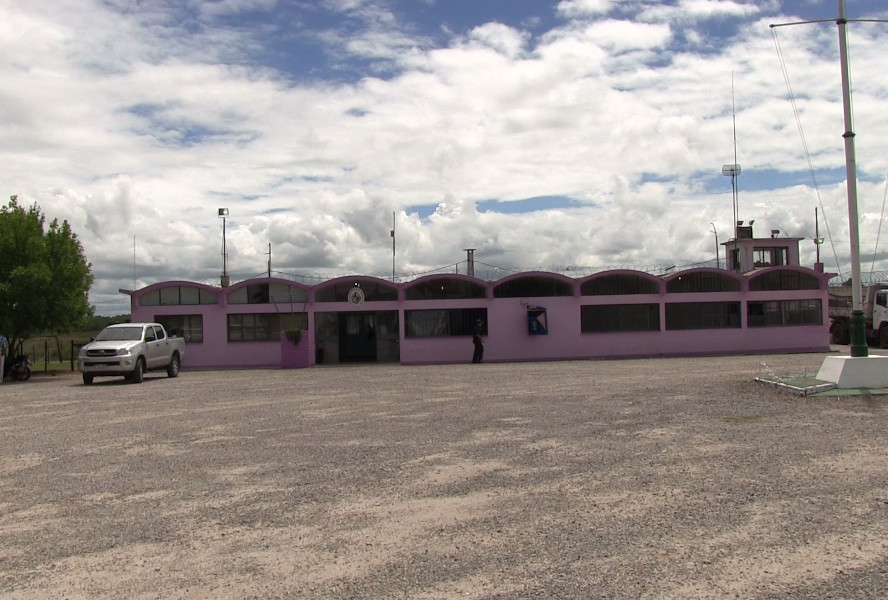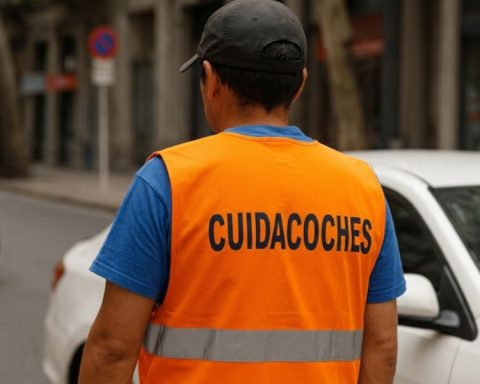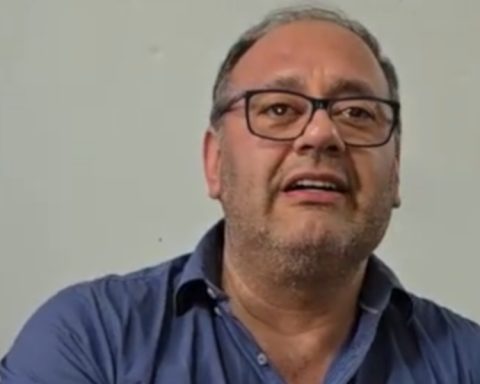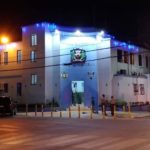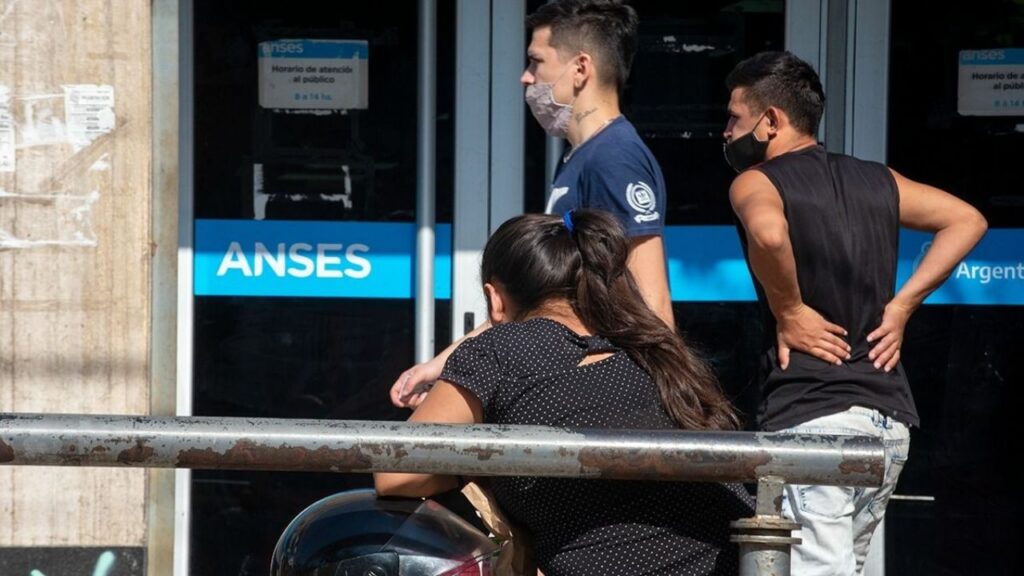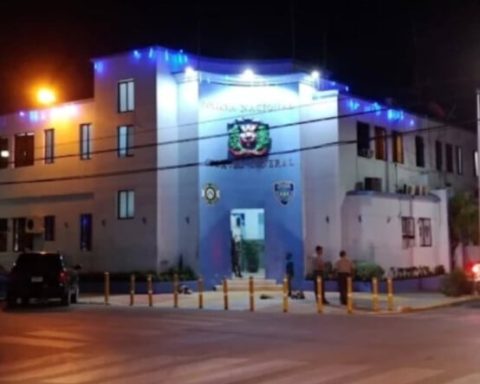As is generally known, the Prison System in Uruguay is very precarious and has many deficits in different areas; it leaves much to be desired in terms of its operation and regulation. The reality of prisons is today a prominent social problem in our country that harms and threatens public safety and health on a daily basis.
But in order to try to improve the prisons, a government delegation will travel to Texas (USA) to take a close look at its prison system, which was implemented in 2007 and has left both positive and negative results, and has even been singled out. for violating human rights. Representatives will go to the National Rehabilitation Institute (INR), the Attorney General’s Office, the Judiciary, the office of the parliamentary commissioner and two legislators who are members of the special commission for Monitoring the Prison Situation.
Let us return to Uruguay, which is the subject of this note. According to data from the Institute on Crime and Crime of the University of London, Uruguay has 388 people deprived of liberty for every 100,000 inhabitants. In turn, overcrowding has an average density of 134%, that is, for every 100 places there are 134 people. However, there are establishments such as Artigas that exceed this percentage (226 people every 100 beds), Salto (323 people every 100 beds) and Maldonado (163 people every 100 beds).
According to the 2021 report by Juan Miguel Petit, Uruguay ranks 12th in the world in terms of people deprived of liberty per 100,000 inhabitants.
Much has been discussed on the subject by different referents of the environment and specialized institutions. It is believed that the problem lies in the approach given by penitentiary establishments, they prioritize sanction and punishment instead of emphasizing and investing in education and resources for the rehabilitation of those deprived of liberty. Currently the system has a deficit of resources, as well as a deficient execution of structural and management actions.
When we talk about the people who enter this system, they are mostly people with social or mental health problems. Some of the most common cases are those who come from unfavorable contexts, which lead them to different circumstances such as the abuse of psychoactive substances, relationships with people linked to criminal activity, a family nucleus associated with it, institutionalization from childhood or adolescence, chronic pathologies both physically and mentally, among others. Therefore, these people should not be seen as criminals, but as people who need an adequate rehabilitation process according to their needs.
In the words of Petit, Doctor of Law and Social Sciences and with extensive experience in fighting this social problem, the prison system “remains a system of gigantic proportions, with weak technical intervention, low rehabilitation capacity, material and resource deficiencies, without whose reform it will continue to be a serious problem of public safety (high recidivism) and public health (social transmission of violence, exclusion, socio-family ruptures and mental health disorders)”
On the other hand, according to the evaluation of the Office of the Parliamentary Commissioner, in 33% of the establishments there is evidence of cruel and inhuman treatment, as well as subhuman conditions. In 56%, lack of conditions and rehabilitation for social integration were reported and only in 11% were good conditions and opportunities for social integration found.
The lack of response from the prison system to deal with addiction and mental health problems in the population deprived of liberty stands out in their reports. Consequently, Petit recommended that ASSE connect and work with it. “It is vital that ASSE fully assumes its institutional mandate, as a public health provider throughout the prison system and covering the services of the entire prison system and deepening its services, providing that the resources granted in the Budget Law for mental health and addiction treatment are also deployed in the penitentiary system, both in prisons and in the system of alternative measures”, said Miguel Petit in this regard.
In turn, Petit mentions that there are already legal regulations in the country so that people with severe addictions or mental health disorders that lead them to commit criminal acts are referred to specialized establishments, when the prison does not have the resources to carry out the treatment. that corresponds.
Despite the negative view of the entire panorama, one of the reports highlights the involvement with rehabilitation in prisons by various agencies: the Ministry of Social Development, the Ministry of Education, the Codicen, the Ministry of Labor and different municipalities such as Paysandú, Salto, Canelones, Montevideo, Maldonado and Rivera, among others.
In the department of Colonia there were times when the Colonia Municipality took workers from the prison, not now. And the establishment is overwhelmed by inmates, although it does try to have activities such as gardening, dairy work, and a bakery. They also rebuilt bicycles for public use last year.
While in the 2021 report, Petit mentioned as something positive the new institutional framework with the participation of the BPS, Mides, MTSS, to generate jobs. The Commissioner recommended the creation of a Prison Social Policy Assistance Monitoring Commission, in which different organizations that provide resources to the Penitentiary System would act. He also mentions again, as in the 2020 report, the importance of completing the process of comprehensive health coverage for the population deprived of liberty, ASSE being responsible for this task. The report also mentions the need for El Mides to guarantee training and information systems to the released persons, and these must go to the guidance and care of the National Directorate for Assistance to the Released Dinali del Mides. Accountability and the proposal of alternative measures to prison are also necessary, among other measures.
The responsibility of ASSE, the Ministry of Public Health and the Judiciary as a whole is required to ensure the necessary rehabilitation and specialized care.
With all this information we can conclude that despite the fact that the focus is being placed on this problem and that various institutions have been involved to combat it, it continues to be an important public health and safety problem that should not be given up on. its continuous improvement.
It is essential that prisons act as social educators for those deprived of liberty. They must provide educational, work, recreation and physical health and sports programs and encourage inmates to carry them out. In turn, specific and individualized treatment programs are necessary, correcting behaviors, attitudes and thoughts that lead to antisocial behavior, improving social skills to be able to reintegrate into society and avoid reoffending. For this, it is crucial that prison officials fulfill a reformatory role, that they do not act solely by imposing punishment.
It is also necessary to end the social stigma towards former prisoners. As a society, it is our duty to guarantee humane treatment both inside and outside the prisons, since otherwise, the entire rehabilitation process will have been in vain.
According to the United Nations Office on Drugs and Crime “prisoners face a variety of social, economic and personal problems that tend to considerably complicate their social reintegration. Some are the result of offenders’ own circumstances and experiences. Others are the direct consequences of incarceration and of the community’s attitude and disposition toward released offenders.”
Just as good treatment is necessary in the rehabilitation process within the penitentiary establishment, it is also essential that society allows the reintegration of these people when they are released.
